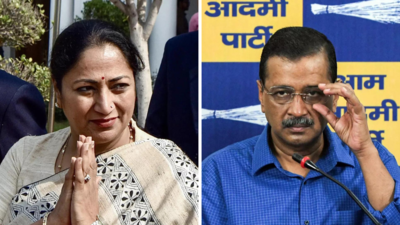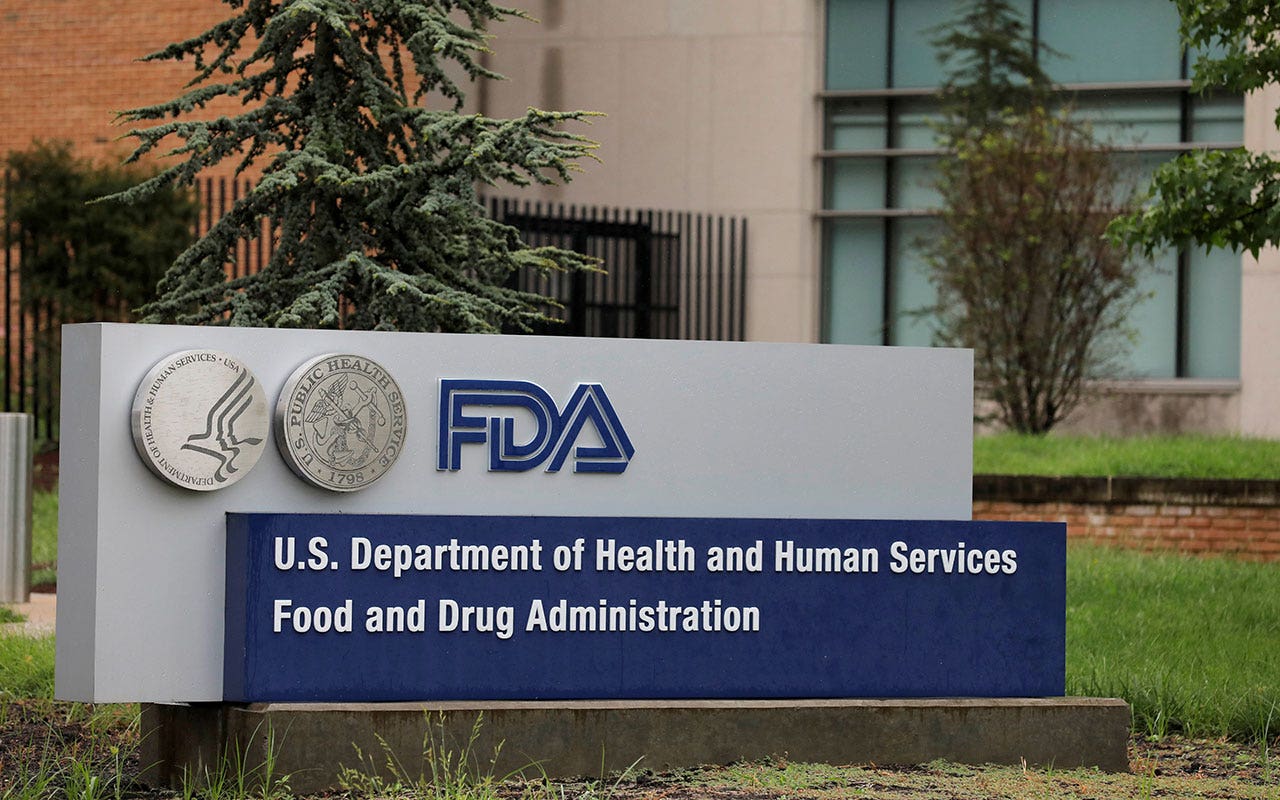
Delhi chief minister Rekha Gupta (r) and Arvind Kejriwal (l)
NEW DELHI: The
CAG report
tabled in the Delhi assembly on Tuesday accused the Aam Aadmi Party-led government of causing a cumulative loss of Rs 2,002.68 crore from the now scrapped
liquor policy
implemented in November 2021.
Speaking on the CAG report in his address to the assembly ,Delhi LG VK Saxena said that report exposes the administrative failure of the AAP government and help work on the same.
"We have instructed the heads of all departments to make a 100-day plan and an outline of development works that need to be done. In the first cabinet meeting of my government, it was decided that the CAG report would be tabled in the assembly and presented before everyone, which would expose the administrative failures of the previous government and help us work on them." Saxena said.
The report, one of 14 performance reviews of the AAP government, observed that the AAP government committed serious policy lapses, procedural violations, and ignored expert recommendations. It also accused former excise minister
Manish Sisodia
of "disregarding key suggestions" from an expert panel while formulating the now-scrapped liquor policy.
Here are the key findings of the CAG report
- The audit report of the Comptroller and Auditor General of India on Performance Audit on the 'Regulation and Supply of Liquor in Delhi' estimated a revenue loss of Rs 941.53 crore, citing the failure to obtain timely permissions for opening liquor vends in non-conforming municipal wards – areas not designated for liquor sales under zoning laws.
- Additionally, the excise department lost Rs 890.15 crore due to the surrender of licences and the department’s failure to re-tender liquor zones.
- The audit said that multiple stakeholders were involved in the supply and distribution of liquor to the respective Bonded Warehouses located in Delhi, including various corporation vends, private vends, hotels, clubs, restaurants, and finally, the consumers. Moreover, multiple heads under which the excise department collects revenue were also involved in the alleged liquor scam.
- The report said that there was a loss of revenue to the tune of Rs 144 crore due to the "irregular grant" of a waiver to the licensees because of the Covid pandemic-related closure.
- The audit flagged several discrepancies in the working of the excise department. It observed that the department could not ensure the implementation of Rule 35 of the Delhi Excise Rules, 2010, which prohibits the issuance of multiple licenses of different categories (Wholesaler, Retailer, HCR, etc.) to related parties, leading to the existence of common directorship among entities holding various license types.
- The report also observed that the licenses were issued without ensuring solvency, submission of audited financial statements, submission of data regarding sales and wholesale prices declared in other states and across the year, and verification of criminal antecedents from the competent authority, etc., as required under the rules.
- The report also stated that the department selectively ignored various rules and regulations while issuing licenses, which is non-compliance with procedures. The report also observed that the lack of transparency in pricing of the IMFL allowed the Excise Department to give discretion to L1 licensees (Manufacturers and Wholesalers) to declare its ex-distillery price (EDP) for liquor priced above a certain level. All the price components after manufacture, including the profit of the manufacturer, were added thereafter.
- The analysis of pricing and sale of a few brands revealed that discretionary EDP led to a decline in sales and consequent loss in excise revenue. As the costing details were not sought to ascertain the reasonability of the EDP, there was a risk of the L1 licensee getting compensated by the profits hidden in increased EDP.
- The report also said that the Master Plan Delhi-2021 prohibited the opening of liquor vends in non-conforming areas, but the Excise Policy 2021-22 mandated opening at least two retail vends in each ward. According to the report, the tender document for opening new vends had stated that no liquor stores would be located in a non-conforming area. In case a vend was in a non-conforming area, it had to be considered with the prior approval of the government, said the report.
- The report further noted a loss of Rs 27 crore owing to "incorrect" collection of security deposits from the licensees. The report said that the group of ministers (GoM), headed by then deputy CM and excise minister Manish Sisodia, changed the recommendations of the expert committee formed to formulate the policy.
- Going against the recommendation of the committee, the GoM allowed private parties to handle wholesale liquor operations, introduced one-time bidding instead of the lottery system to allocate vends, and allowed bidders to have 54 vends against the recommended two per individual, it said.
- According to the report, certain decisions with revenue implications were taken without the approval of the Cabinet and the opinion of the Lieutenant Governor. These included relaxation from coercive action against defaulter licensees, waiver in license fees, refund of earnest money deposit in the case of the airport zone, and correction in formulas to calculate the maximum retail price of foreign liquor.
.png)
 German (DE)
German (DE)  English (US)
English (US)  Spanish (ES)
Spanish (ES)  French (FR)
French (FR)  Hindi (IN)
Hindi (IN)  Italian (IT)
Italian (IT)  Russian (RU)
Russian (RU)  4 hours ago
2
4 hours ago
2









Comments